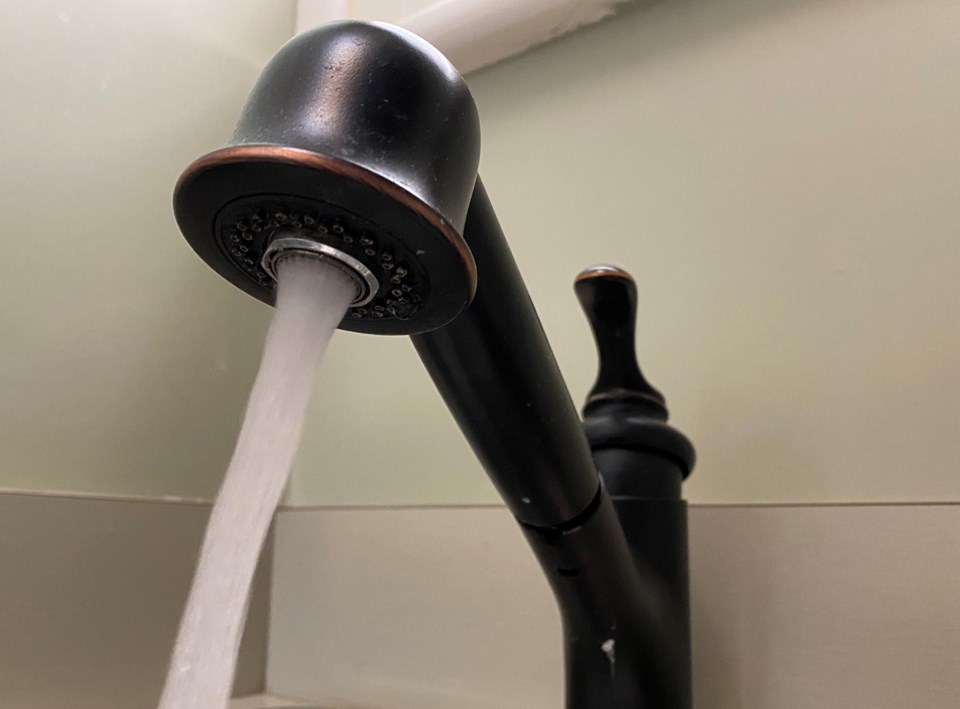More than a third of the City of Richmond’s pipes delivering drinking water to its residents are made of cement containing asbestos.
The statistic came to light last week on CTV’s W5 investigation show, with Richmond having the ninth-highest percentage of asbestos cement pipes - compared to its entire network - among the 100 cities contacted nationwide.
Richmond has around 230 kilometres of such pipes, about 36 per cent of its total coverage, with the highest being Millstream on Vancouver Island at 68 per cent.
The next Lower Mainland city to Richmond on the list, which was asked by the show, was Delta at 12 per cent of its network.
The show aired concerns from a plumber, who had a lung removed after working around asbestos for years, and an Italian doctor, who has researched possible links between drinking water containing asbestos and gastro-intestinal cancers.
No evidence of any danger: Health Canada, WHO
However, in stark contrast, both Health Canada and the World Health Organization (WHO) have concluded that there is “no consistent, convincing evidence that asbestos ingested through water is harmful to your health.”
Health Canada further insists that, if you do drink water containing asbestos fibres, “you eliminate the fibres, mostly through feces. For this reason, Health Canada has not established drinking water guidelines for asbestos.”
Several Richmond residents who watched show contacted the Richmond News to express their “disturbing” concerns about the pipes, wondering if the water is tested for asbestos and which neighborhoods are affected.
The News asked the City of Richmond about the figures, which it confirmed, and also about the frequency of water testing.
City spokesperson Clay Adams reiterated the Health Canada and WHO stance on the presence of asbestos in drinking water, adding that Richmond “has some of the safest and highest quality tap water in the world.
“Our drinking water is tested 40 times per week in compliance with Health Canada guidelines, although it is not tested specifically for asbestos as it is simply not necessary.”
Richmond’s tap water “is safe – and recommended – to drink,” said Adams.
“Richmond’s tap water is not only safe to drink, it is environmentally friendly and eliminates the need for bottled water.”
Adams said the pipes in question are being replaced over time through “our ongoing capital upgrades program, as most are nearing the end of their service life.”
Of the other Lower Mainland cities asked by W5, Burnaby was at seven per cent, Coquitlam at one, while both Vancouver and Surrey came in at less than one per cent.



